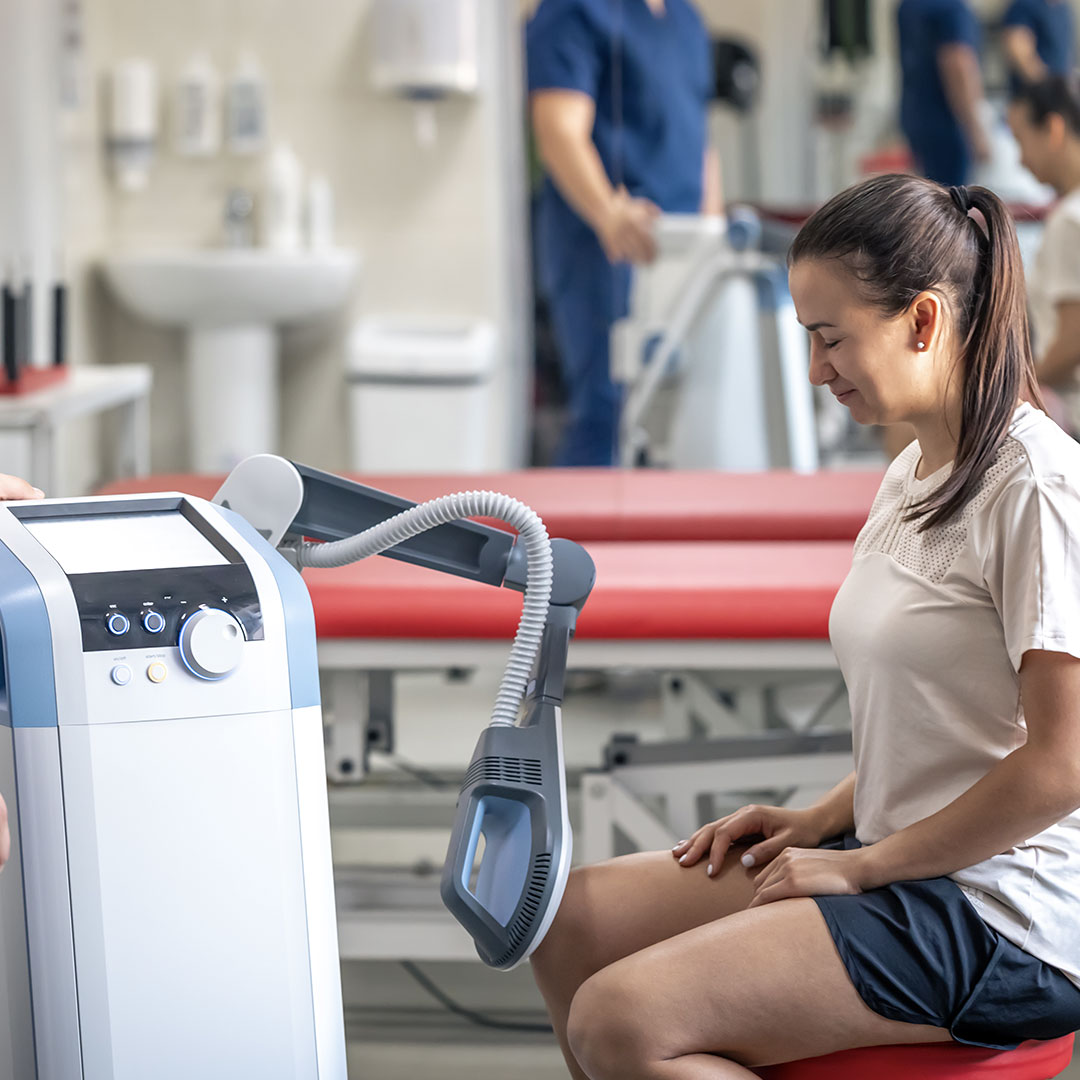As healthcare technology advances, so does the responsibility to keep medical equipment operating safely and accurately. Safety testing is no longer optional—it’s essential. Clinics, physical therapy centers, and rehabilitation facilities that neglect routine testing risk compliance violations, patient safety issues, and costly downtime.
What Is Medical Device Safety Testing?
Medical device safety testing involves evaluating equipment to ensure it meets electrical, mechanical, and performance standards as defined by manufacturers and regulatory bodies like the FDA, CMS, and NFPA. These evaluations help confirm that devices are:
- Functioning properly
- Free from electrical hazards
- Producing accurate, repeatable results
- In compliance with safety regulations
Why It Matters More Than Ever in 2025
With evolving healthcare standards and increasing reliance on precision-based technology, the expectations for medical equipment performance have never been higher. Safety testing isn’t just about compliance—it’s about protecting your patients, your team, and your reputation.
Increased Regulatory Scrutiny
As healthcare technology becomes more complex, regulatory bodies are stepping up inspections and documentation requirements. Clinics are expected to prove that all equipment—especially electrical devices—has been tested and maintained regularly.
Patient Safety Is On the Line
Malfunctioning equipment puts patient care at risk. Inaccurate readings, faulty stimulation, or overheating components can lead to misdiagnosis, discomfort, or even injury. Regular testing ensures that every piece of equipment is safe to use on your patients.
Avoid Costly Downtime
A broken or non-compliant device often means more than just repairs—it can result in appointment cancellations, staff delays, and lost revenue. Safety testing helps detect small issues before they become major failures.
Maintain Insurance and Accreditation
nsurance providers, Medicare/Medicaid, and accreditation bodies often require documentation of device maintenance and safety testing. Keeping your equipment current ensures smooth renewals and reimbursements.
What Equipment Needs to Be Tested?
Any device used in a clinical setting that interacts with patients or uses electricity should be tested. This includes:
- Electrotherapy units (e.g., stim and ultrasound machines)
- Diathermy devices
- Treadmills and cardio equipment
- Fluidotherapy machines
- Hydrocollators
- Wheelchair scales
- Patient lifts
- Hand dynamometers and pinch gauges
How Often Should Devices Be Tested?
Most manufacturers recommend annual testing. However, more frequent testing may be required for high-use equipment or facilities with heavy patient volume. Regular testing schedules also align with most accreditation standards.
Choose On-Site Testing for Maximum Convenience
At PTOT Sales and Service, we make compliance easy by offering on-site medical device safety testing in Dallas-Fort Worth and the surrounding region. Our technicians come to your clinic, perform all required tests, and provide full documentation for your records—no shipping, no hassle, no downtime.
Contact Us
Need Equipment or On-Site Service?
Whether you’re opening a new clinic or maintaining an existing one, we offer nationwide delivery, calibration, and support to keep you running strong.

